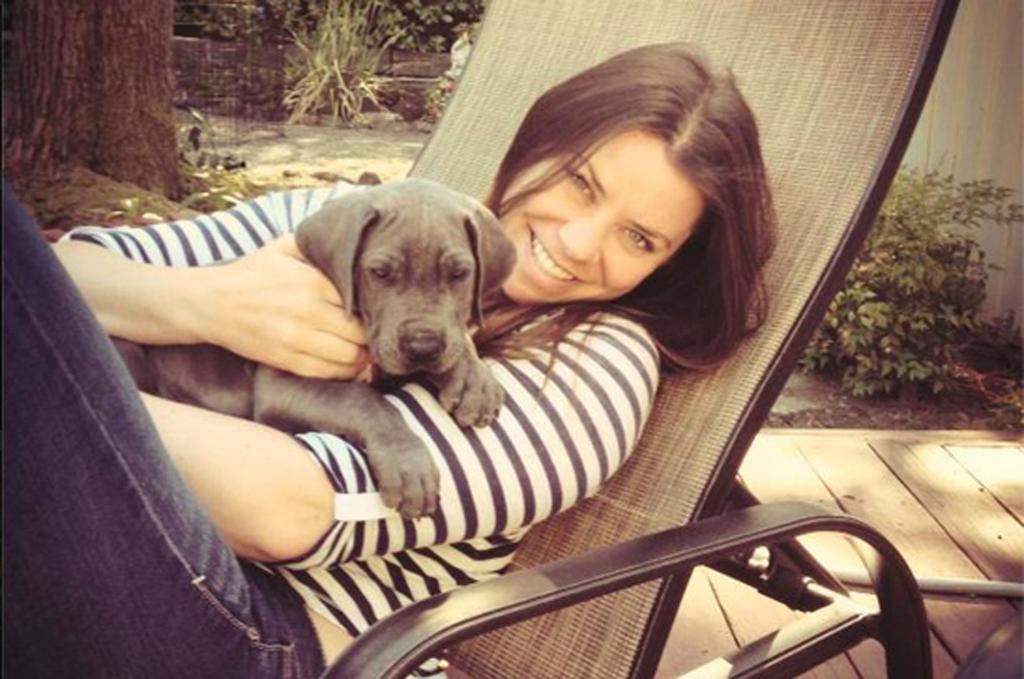
By: Alison Palmeri, Staff Writer
Brittany Maynard, a 29-year-old woman with aggressive brain cancer, has made headlines recently due to her decision to end her life medicinally. Her campaign brings to light the question: should mentally competent, but terminally ill patients be allowed access to medication that will permit them to end their life on their own terms?
Under this option, those who, like Maynard, meet the eligibility requirements will be prescribed a medication that will allow them to pass peacefully. So far, three states, Oregon, Washington, and Vermont, have enacted Death with Dignity laws.[1] Additionally, several other states have bills in favor of physician-assisted death, but the majority will not be decided on during this session.[2]
“[P]olls have shown that most Americans support having a say in how they die, especially if the process is described not as doctors helping a patient ‘commit suicide’ but as ending a patient’s life ‘by some painless means.’”[3]
Some say the availability of an option to end one’s life sooner will have an adverse effect on patients’ approach to their treatment.
Marilyn Golden pushes forward this opinion, writing that “at less than $300, assisted suicide is, to put it bluntly, the cheapest treatment for a terminal illness.”[4]
Those opposed are concerned that rather than trying to fight the disease or pouring money into treatments, patients will feel forced to choose the option that will be less burdensome on themselves and their families, both emotionally and financially. The process to be eligible for the life-ending medicine, however, makes it unlikely that choosing this option will be a rash or coerced decision.
There are several other requirements that must be met in order for both the patient and physician to avoid criminal prosecution. The patient must be a legal resident of one of the states that have passed a Death with Dignity Act, and the attending physician must be licensed in that state. [5] Further, the patient must have been diagnosed with less than six months to live and must have been informed of their other options.[6] Finally, the patient must make three requests for the medication: two verbal (separated by at least 15 days), followed by one written request (witnessed by two people who are not primary caregivers or family members).[7] The patient may rescind the requests at any time, and even though a patient is granted access to the medication, it is not guaranteed they will take it.
Maynard states: “I’ve had the medication for weeks . . . I do not want to die. But I am dying. And I want to die on my own terms.”[8][9]
Arguably the greatest benefit Maynard and other patients receive out of being given this option: not the guarantee of a quick and painless death, but rather, a sense of peace knowing that if they want to, they can take back control of their situation.
[1] “Death with Dignity Acts.” Death with Dignity National Center. <http://www.deathwithdignity.org/acts>.
[2] “Death with Dignity Around the U.S.” Death with Dignity National Center. 6 June 2014. <http://www.deathwithdignity.org/advocates/national>.
[3] Griggs, Brandon. “Dying Young: Why Brittany Maynard’s Story Resonates.” CNN Living. 14 October 2014. <http://www.cnn.com/2014/10/08/living/death-dignity-brittany-maynard/index.html?iref=allsearch>.
[4] Golden, Marilyn. “The Danger of Assisted Suicide Laws.” CNN Opinion. 14 October 2014. <http://www.cnn.com/2014/10/13/opinion/golden-assisted-suicide/index.html?iref=allsearch>.
[5] “Death with Dignity: the Laws & How to Access Them.” Death with Dignity National Center. <http://www.deathwithdignity.org/access-acts>.
[6] Id.
[7] Id.
[8] Maynard, Brittany. “My Right to Death with Dignity at 29.” CNN Opinion. 14 October 2014. <http://www.cnn.com/2014/10/07/opinion/maynard-assisted-suicide-cancer-dignity/>.
[9] Update: Since the writing of this article, Brittany Maynard has elected to take the medication and ended her life on Saturday, November 1, 2014.